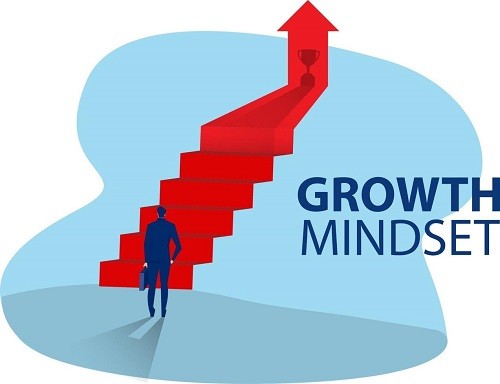
Career planning serves as the compass that guides individuals through the complexities of the professional landscape. Here’s a deeper dive into its importance:
1.Direction and Focus: Just as a compass guides travelers, career planning provides direction and focus in one’s professional journey. It helps individuals set clear goals and objectives, ensuring that their efforts are aligned with their long-term aspirations.
2.Maximizing Potential: Through career planning, individuals can identify their strengths, weaknesses, interests, and values. This self-awareness enables them to leverage their strengths effectively, address areas for improvement, and pursue careers that align with their passions and values.
3.Opportunity Identification: Career planning involves researching industries, job roles, and advancement opportunities. By exploring various career paths, individuals can identify promising opportunities for growth and development, as well as potential challenges to anticipate and overcome.
4.Adaptability and Resilience: In today’s rapidly changing job market, adaptability is essential for long-term career success. Career planning equips individuals with the skills and mindset to navigate transitions, whether it’s changing jobs, industries, or roles, with resilience and confidence.
5.Clarity and Purpose: Career planning brings clarity to one’s professional aspirations and goals, providing a sense of purpose and direction. It helps individuals understand what they want to achieve in their careers and how they can best utilize their talents and skills to reach their objectives.
6.Optimizing Opportunities: By carefully assessing their strengths, weaknesses, interests, and values, individuals can identify opportunities that align with their unique attributes. Career planning allows them to capitalize on these opportunities, whether it’s pursuing a promotion, changing industries, or starting a new venture.
7.Mitigating Risks: Just as sailors navigate treacherous waters with caution, career planners anticipate potential challenges and risks in their professional journey. They develop contingency plans and strategies to mitigate risks, such as acquiring new skills or building a strong professional network to enhance their resilience in the face of adversity.
8. Empowering Decision-Making: In a world of endless possibilities, career planning empowers individuals to make informed decisions about their professional development. By evaluating different career paths, weighing the pros and cons, and considering their long-term goals, individuals can make choices that align with their aspirations and values.
9. Continuous Growth and Adaptation: Successful career planning is not a one-time event but an ongoing process of growth and adaptation. It encourages individuals to continuously reassess their goals, acquire new skills, and adapt to changes in the job market to stay relevant and competitive throughout their careers.
10.Proactive Decision-Making: Rather than leaving their career path to chance, individuals who engage in career planning take proactive steps to shape their future. They make informed decisions about their education, training, and professional development, positioning themselves for success in the competitive job market.
In essence, career planning is the strategic roadmap that empowers individuals to navigate their way towards success in their professional lives. It provides clarity, optimizes opportunities, mitigates risks, empowers decision-making, and fosters continuous growth and adaptation, ultimately enabling individuals to achieve their full potential and fulfillment in their careers.



